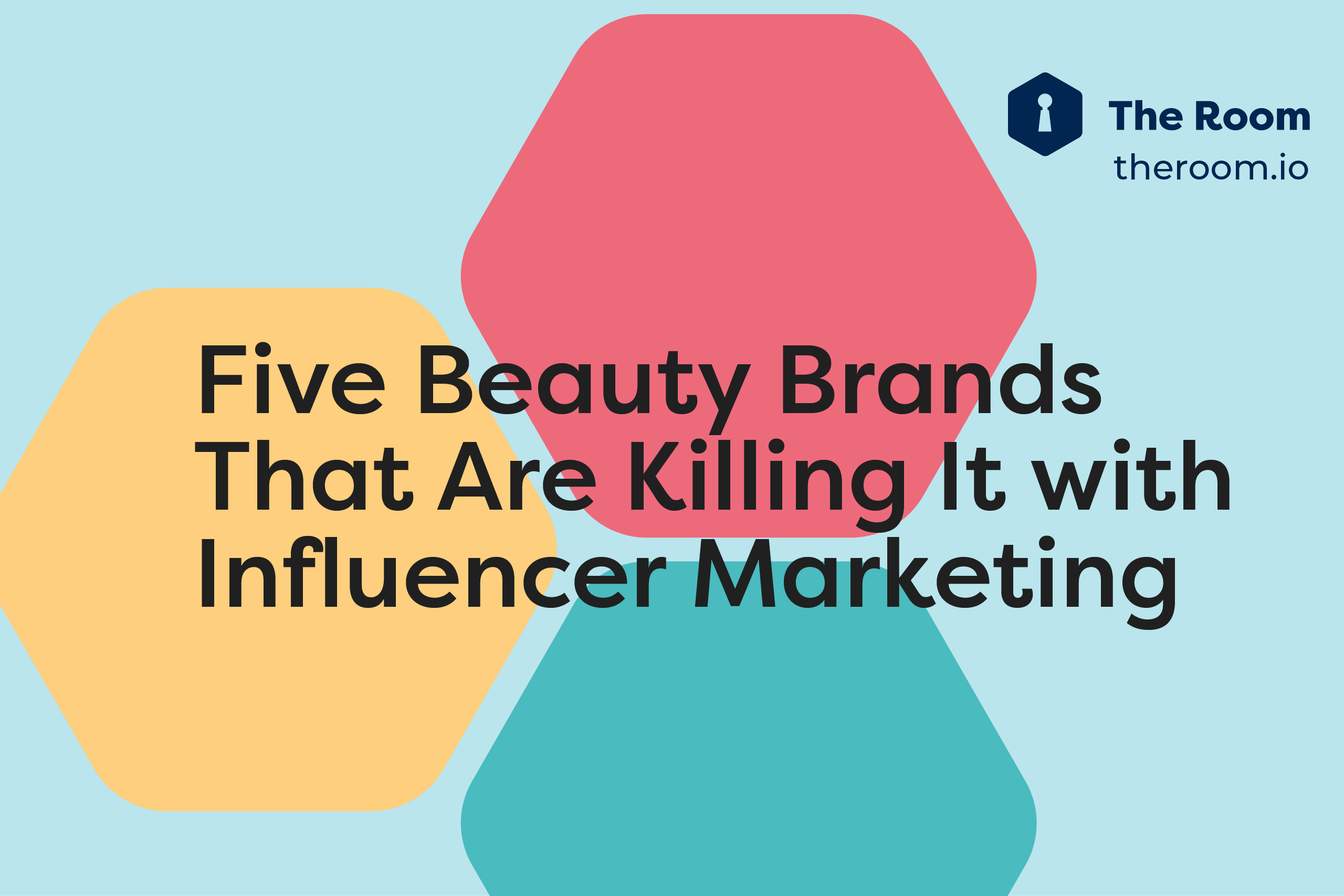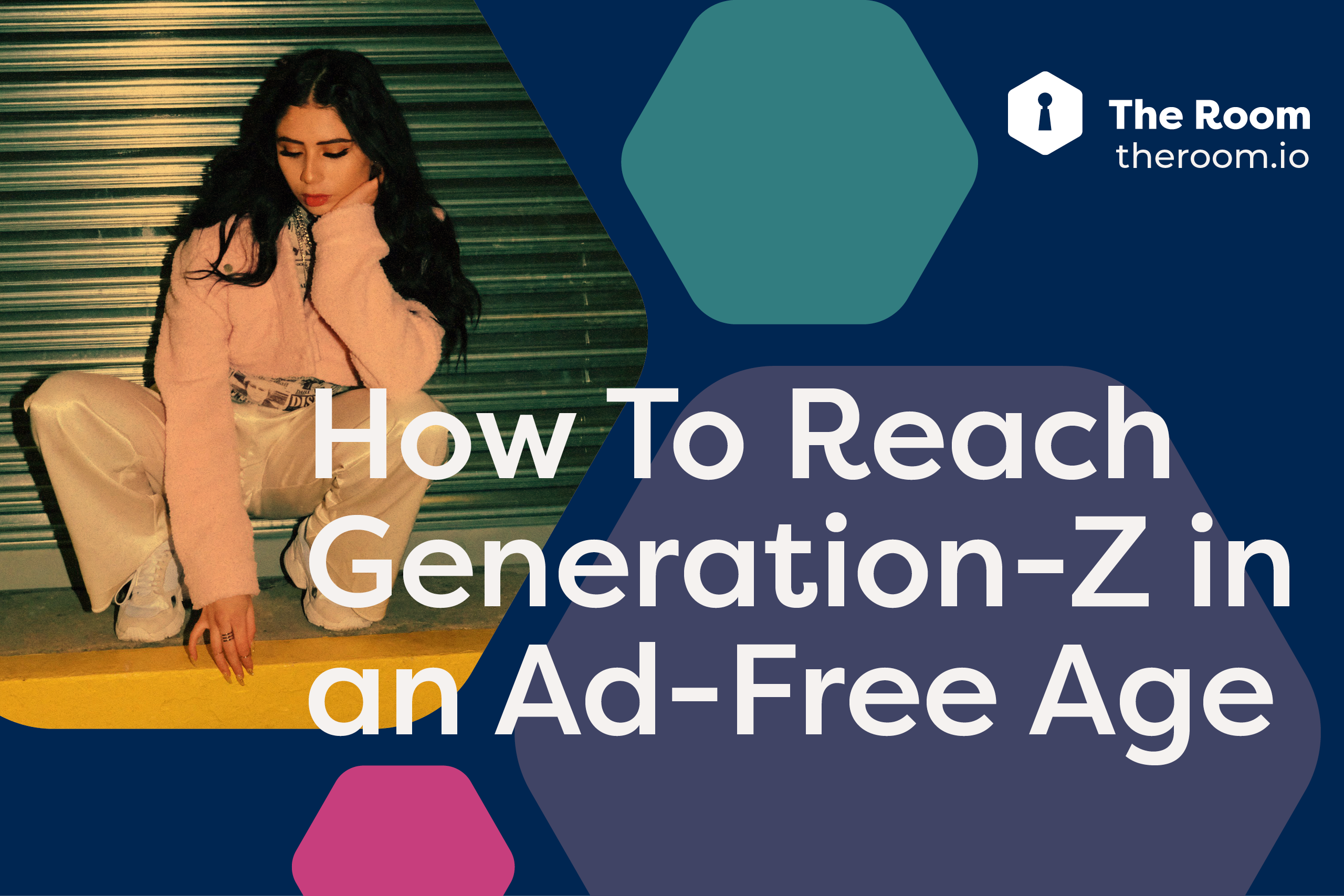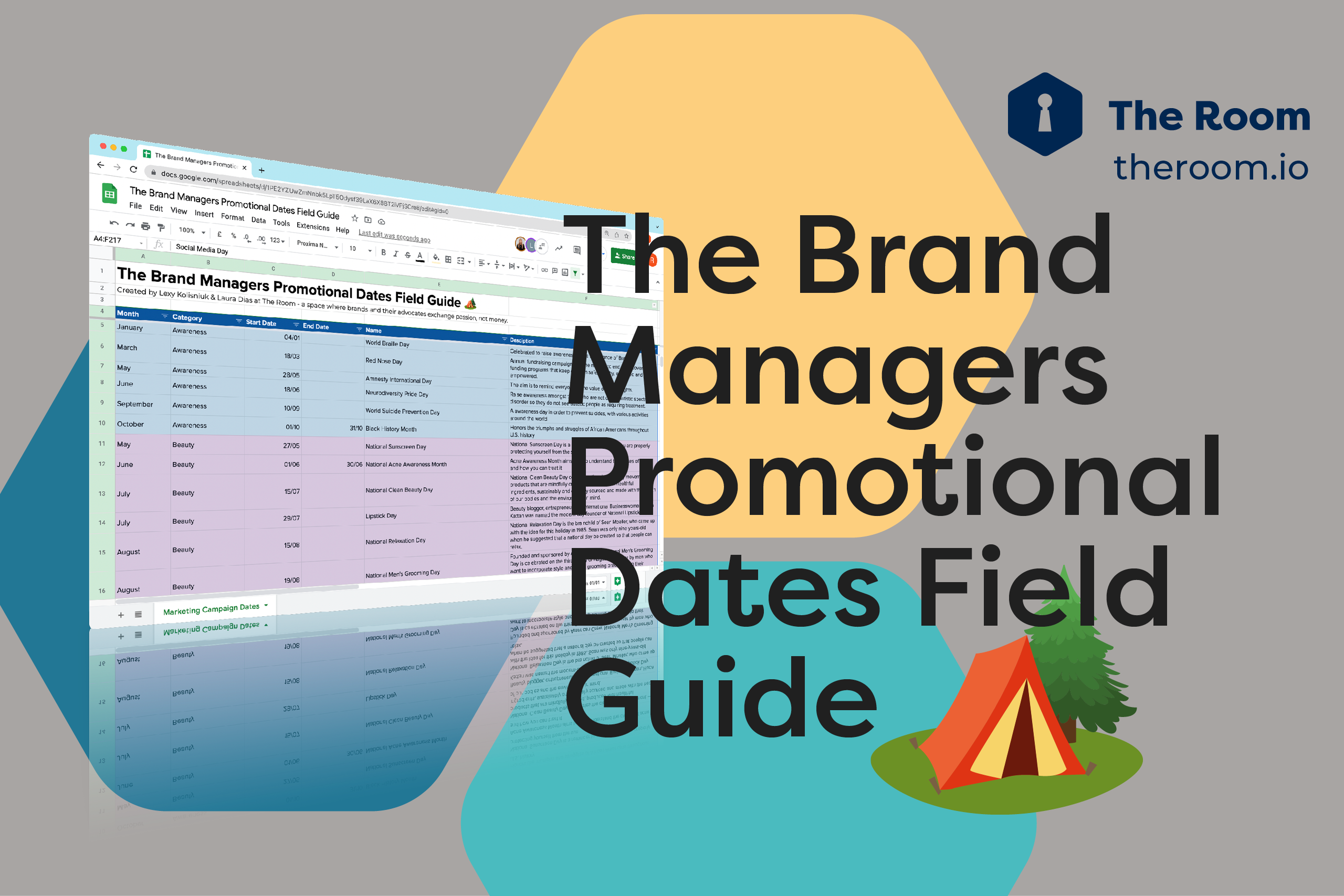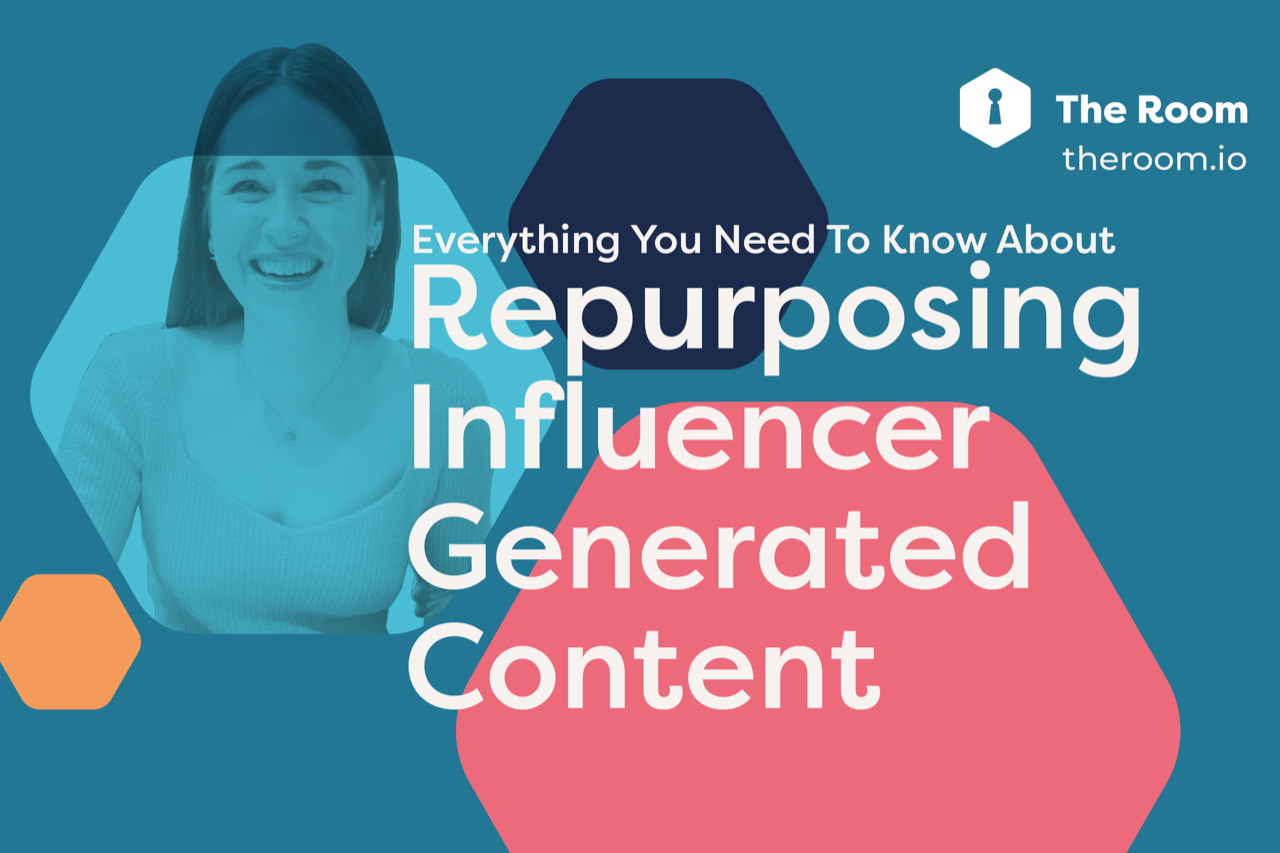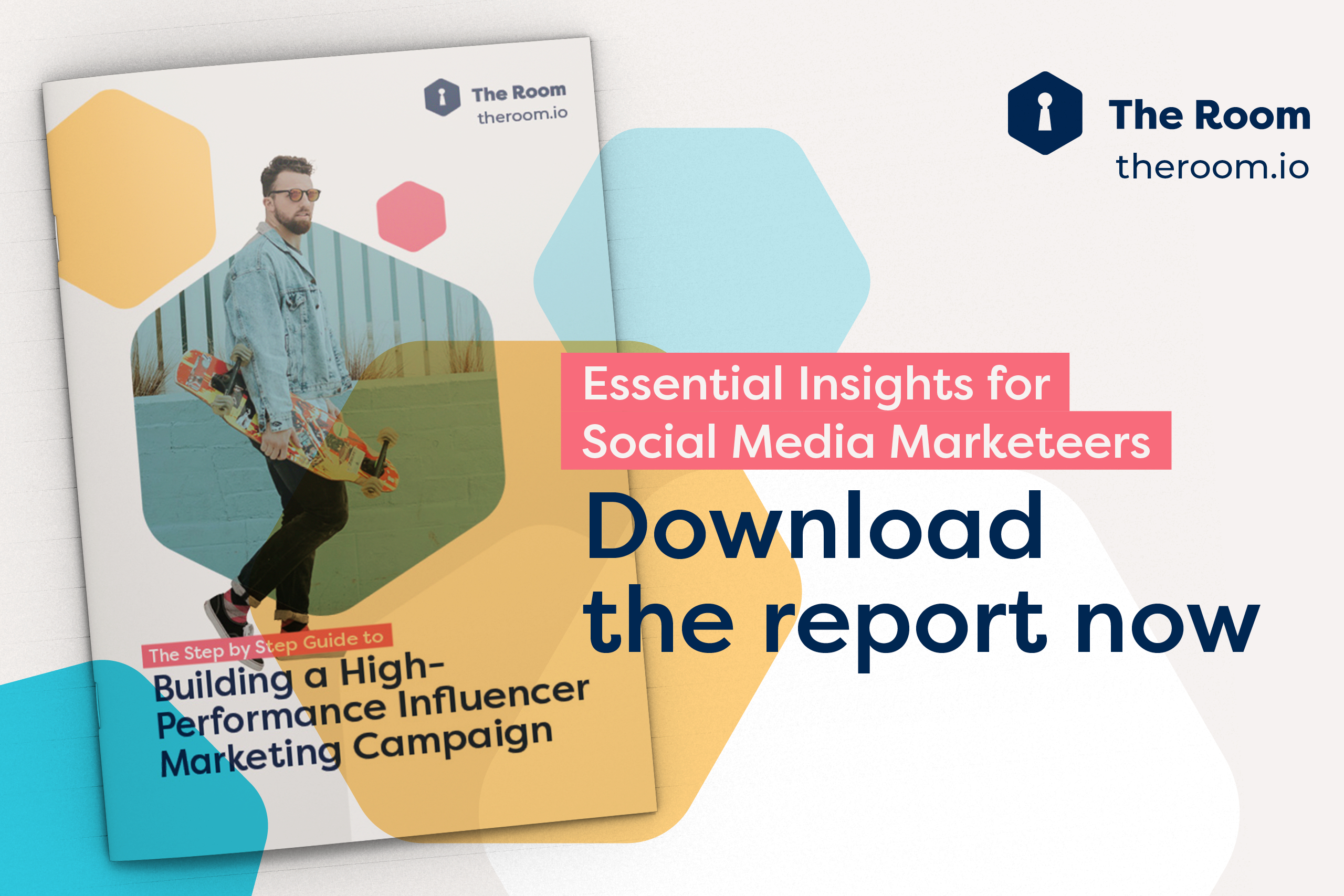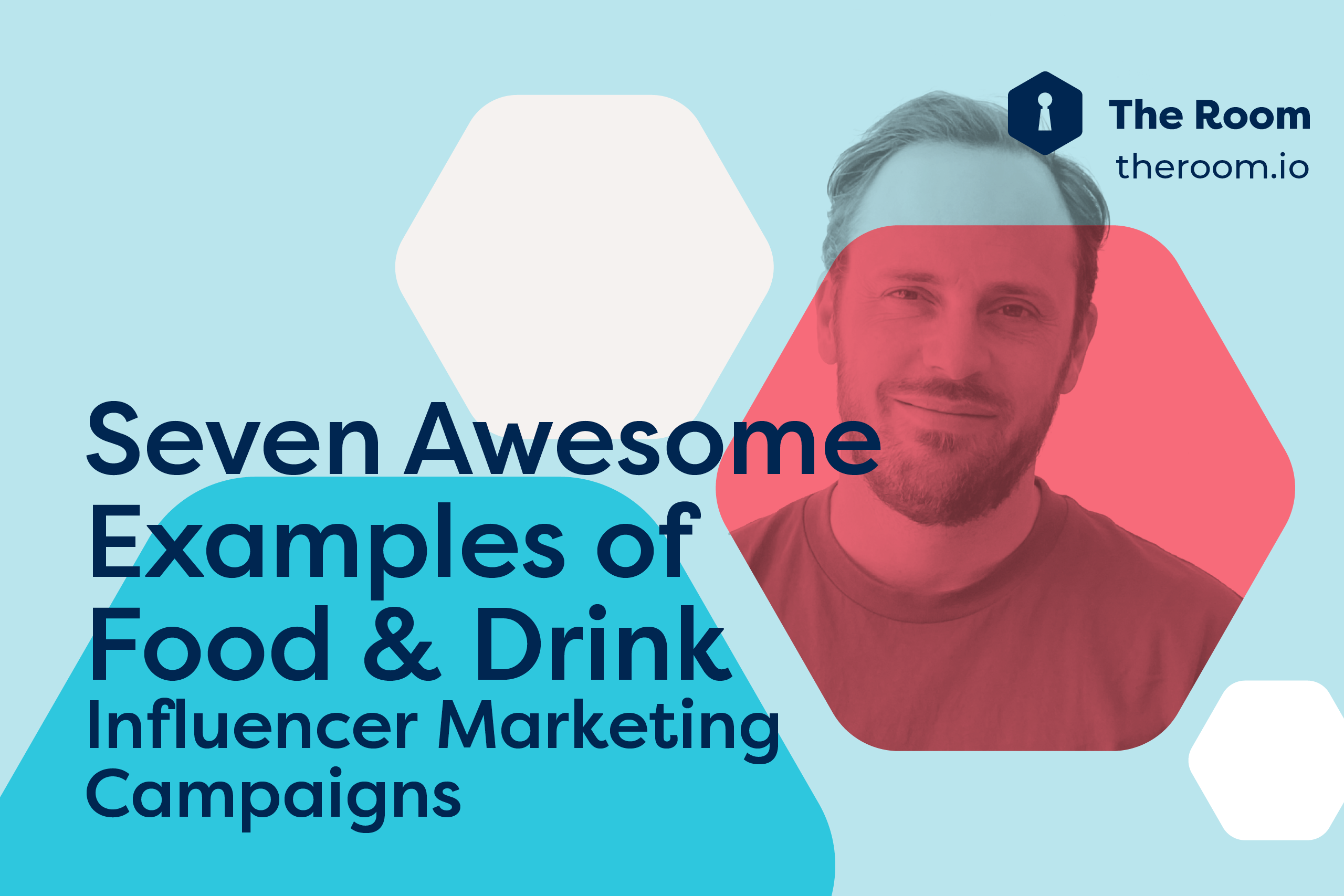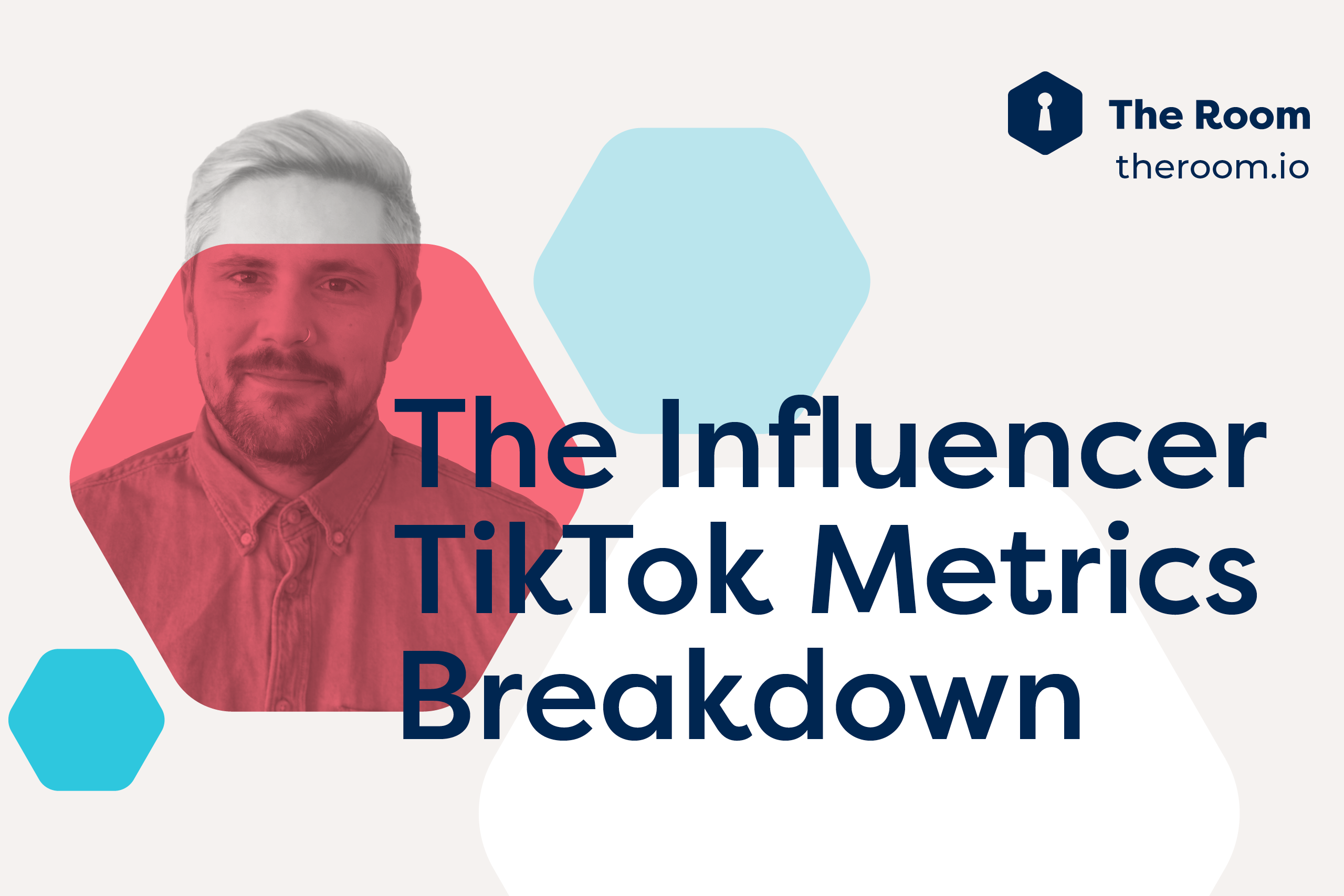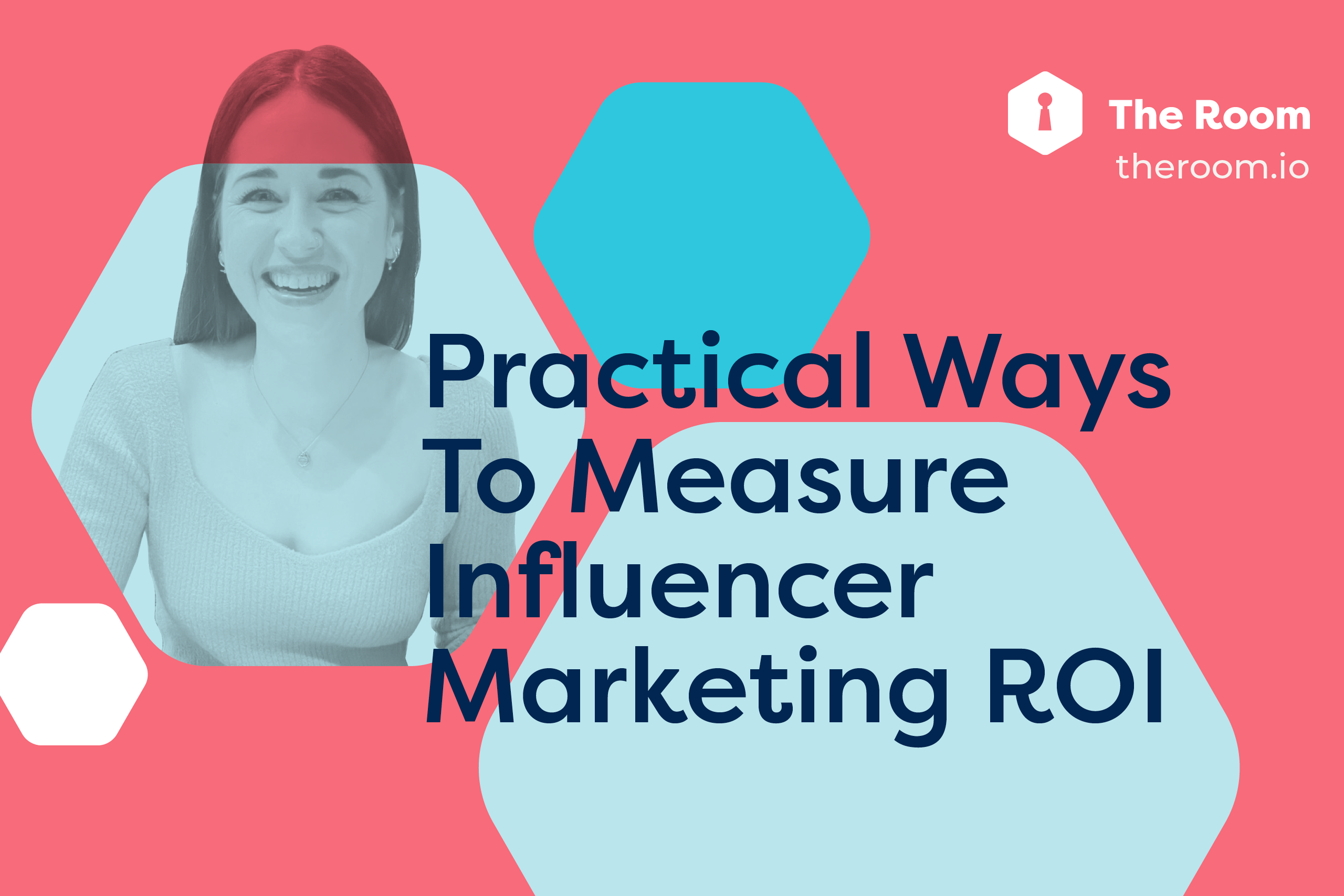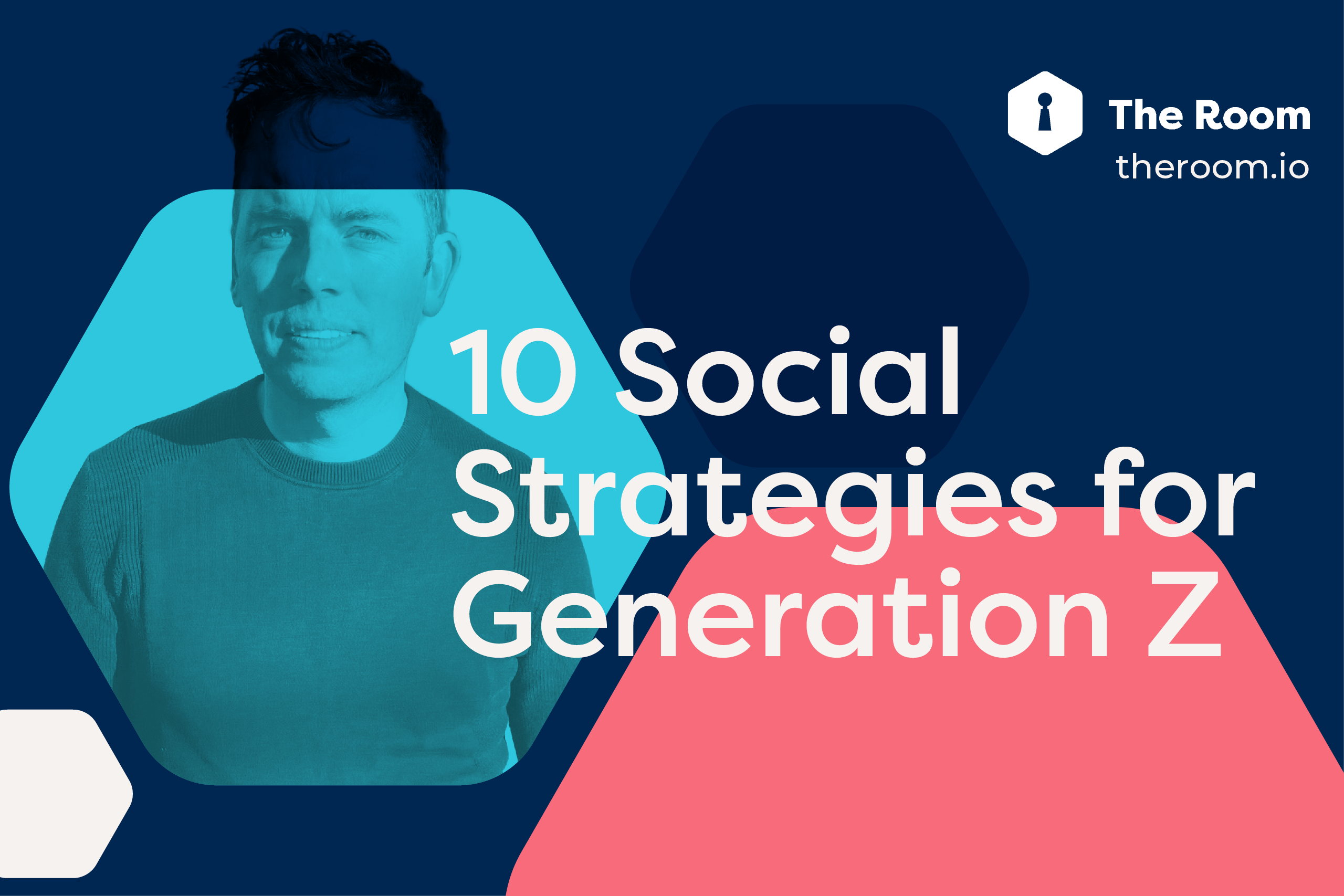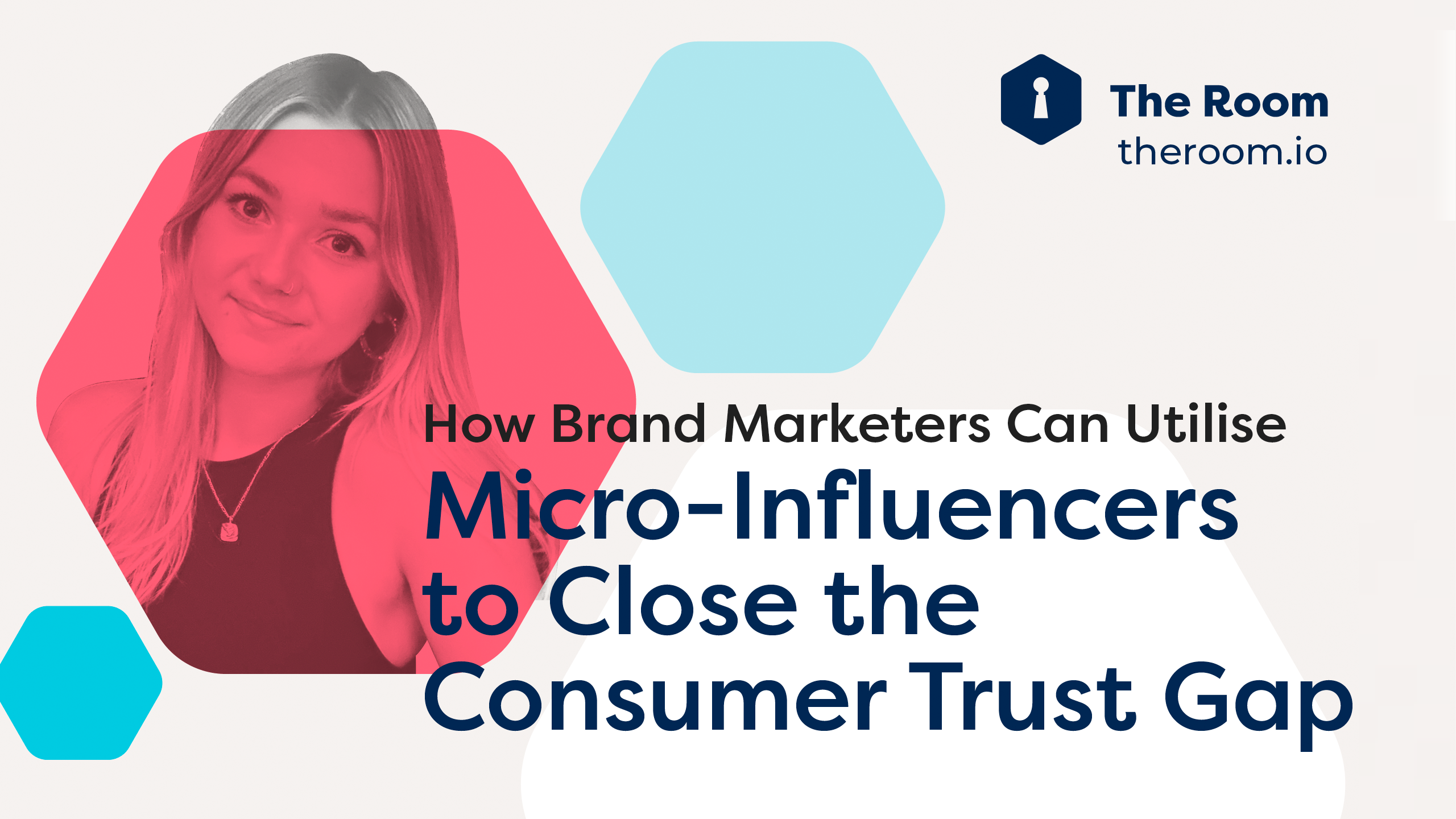As a $13.8 billion industry, beauty influencer marketing continues to grow, expanding with the platforms that have made it such a powerful asset for brand managers. Despite the industry’s value increasing by 811.76% since 2016, it hasn’t been smooth sailing throughout.
Influencer controversy, emerging platforms, and industry regulations have forced brands to adapt or risk tanking their campaigns. With the emergence of the most tech-savvy consumer group yet 一 digital natives 一 the landscape has only become more complicated.
Combining the spending power of Millennials and Gen Z, digital natives have become a priority group in beauty influencer marketing. With digital natives come new consumer values, behaviours, and expectations.
The five beauty brands below all found unique ways to resonate with them through their influencer campaigns. Here’s what made each campaign successful, and what brand managers can learn from them.
No7 Beauty Company
Closing the consumer trust gap through influencer education and training
Misinformation spread by untrained influencers is one of the aforementioned controversies marketers have to deal with. Misleading content didn’t just damage credibility for brands, it created a trust gap between creators and their audiences, hampering influencer marketing across the board.
Partnering with the British Beauty Council, No7 Beauty Company launched the first skincare education programme aimed at influencers. The programme taught influencers through science-based modules designed to combat the very misinformation that created the trust gap. Equipping beauty influencers with expert-approved skincare knowledge offered several benefits.
Firstly, it targeted an industry problem that was quickly alienated consumers of beauty products. Secondly, by making it an invitation-only programme, it bolstered No7 Beauty Company’s brand credibility. Lastly, it equipped creators with high-value knowledge to build more engaging content around.
The marketing theory behind the initiative was as sound as the programme’s science. A study on the credibility of social media beauty gurus analysed the qualities that impacted consumer trust the most. When it came to building influencer credibility, they identified the following key traits:
-
Knowledge (relevant, evidence-based facts)
-
Communication (clarity and articulation)
-
Helpfulness (high-value, educational content)
-
Relatability (authenticity and shared experiences)
-
Trustworthiness (competence, integrity, and principled actions)
Mikayla x Glamlite
Generating enough sales to sell out in hours through value-based marketing
We mentioned emerging platforms and changing consumer values above. The former would be TikTok, with the social media app becoming Instagram’s main competitor in influencer marketing circles.
Despite having 320 million fewer monthly users, TikTok competes via its format. The platform prioritises narrative-driven content, humour, and authenticity delivered in 60 seconds or less.
As for Millennials and Gen Z consumer values, sustainability is the main one to emerge in recent years. Younger consumers are focusing more on environmentally friendly and purpose-driven brands. When TikTok influencer Mikayla Nogueira and Glamlite launched a 100% vegan make-up palette, they targeted TikTok and the values driving its younger demographic of users.
The Mikayla x Glamlite palette sold out within hours. The cosmetics brand saw online traffic spike and recorded incredible returns on their investment. Mikayla’s audience grew to over 7 million followers in months, making her the top beauty influencer on TikTok.
Her make-up tutorials using the 100% vegan palette funnelled thousands of subscribers back to Glamlite too. A perfect collaboration.
The Ordinary
Boosting organic sales through user-generated content and word-of-mouth
Organised campaigns are a great way to build brand awareness, but not the only way. At a time when consumers want more authentic content, it may not always be the best way either. Influencer campaigns face the same problem as celebrity endorsements. Consumers don’t want to feel marketed to, especially when they’re aware of the financial motivations behind those endorsements. What they want is to share in an experience.
The Ordinary, a skincare brand under DECIEM, didn’t approach Kaelyn White to promote its products at first. But when the TikTok star shared the acne-reducing results in a video, The Ordinary recorded over 52, 000 product sales, a 426% boost.
Kaelyn’s video reached 1.3 million views. When other users posted similar videos along with a #theordinary tag, it created a storm of user-generated content (UGC) that amassed over 378 million views.
Benefit Cosmetics
Increasing brand awareness through authentic content and live-streaming
Although people associate Twitch with gaming more than beauty, Benefit Cosmetics found a way to blend both words with their Game Face campaign. While the platform has fewer active users than its main rival, YouTube, Twitch is unique because of its focus on live content.
But even on the main video game and eSports streaming platform, women still face marginalisation from male-dominated gaming circles. The Game Face campaign was Benefit Cosmetic’s way of supporting women in gaming through a series of live-streamed events.
The campaign provided a platform for over 20 women streamers who enjoyed both gaming and cosmetics. Benefit Cosmetics hosted the streams on their channel, where streamers could talk all things beauty while playing their favourite games over the course of a week.
The success of the campaign led to its global expansion creating more opportunities for streamers. It resonated with women in Twitch audiences who constantly faced harassment in gaming communities, empowering new voices while building brand awareness through shared values.
Fenty Beauty
Inclusive, diversity driven campaigns
Inclusivity is one of those shared values, something Fenty Beauty has made foundational to its brand. Social media has created more product access than ever before for underrepresented groups. This is especially true in the beauty industry, which has historically excluded large sections of these consumers.
No one knows this better than Fenty's CEO and founder, Rihanna. For her, the brand’s values are clear:
“Fenty Beauty by Rihanna was created for everyone: for women of all shades, personalities, attitudes, cultures, and races. I wanted everyone to feel included.”
The commitment to inclusivity extends to brand campaigns like #fentybeautyhouse. The campaign invited a diverse range of influencers to share make-up tutorials specific to their skin tones. Fenty was also one of the first beauty brands to open a TikTok collaboration house, the perfect place to feature creators like Emmy Combs and Glamlite’s own Makayla.
If you’re interested in finding out how we help brands like Charlotte Tilbury, Spectrum and MUA Makeup Academy run authentic influencer marketing campaigns, get in touch for a demo today.
